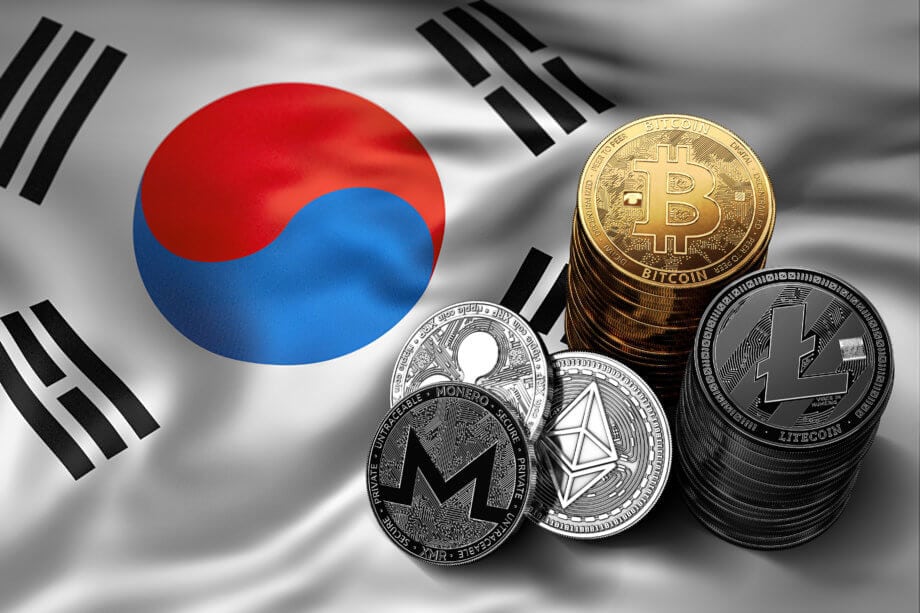South Korean Issues Sanctions With Regard to North Korean-linked Cybercriminals
United Nations (UN) recently compiled a report on cyberattacks emerging from the isolated state of North Korea.
In that report, the UN stressed that over 60% of cyberattacks in the digital asset sector had been carried out by North Korean-linked cybercriminals.
UN accused North Korea to sponsor these cyberattacks for its military operations which had been funded through the stolen funds.
UN stated that in 2023, over $1 Billion had been looted by North Korean cybercriminals. Furthermore, the UN report also suggested that South Korea had been among the top 10 sufferers of such attacks.
In this background, Government in Seoul, South Korea has taken an initiative on the basis of findings contained in the UN report.
The Government in Seoul has decided to impose sanctions upon North Korea-backed organizations carrying out cybercrimes.
It has been confirmed that South Korean sanctions have been imposed upon at least seven criminal organizations and individuals associated with them.
The decision to impose sanctions was duly announced by the South Korean Foreign Ministry on 10th February 2023.
Sanctions Aim At Preventing North Korean Cyberwarfare Operations
Prior to 10th February 2023, Seoul had never imposed any sanctions of the kind upon the neighboring state, North Korea.
According to the South Korean Finance Ministry, the sanctions were necessary to identify malicious actors behind such criminal organizations.
Finance Ministry stated that sanctions would disrupt nefarious schemes planned by the Reconnaissance General Bureau (RGB) i.e. official intelligence agency of North Korea.
Like the UN, the South Korean Finance Ministry is also of the view that cyberwarfare operations are being carried out directly under RGB’s instructions.
RGB-Backed Criminal Organizations
North Korea’s RGB is infamous for sponsoring a number of cybercriminal organizations and ‘Lazarus Group’ is the most infamous one.
Lazarus Group has been committing cybercrimes mainly in the US and Europe and has been very active over the past 4 years.
This criminal organization is responsible for stealing millions of dollars from several US entities. It was found involved in the ‘Wannacry ransomware’ by the authorities in the US namely the FBI.
Park Jin Hyok is the lead person associated with Lazarus Group and is currently among the top wanted individuals by US FBI.
South Korea’s Concerns over North Korea Training Hackers
It is the major concern of the Government in Seoul that North Korea and its intelligence agency, RGB, are actively training cybercriminals.
It has been identified by the South Korean Foreign Ministry that North Korea has been training hackers at the ‘Pyongyang Automation University’.
Under South Korea imposed sanctions, even the Pyongyang Automation University of North Korea has evidently been ‘blacklisted’.
South Korean Foreign Ministry has accused North Korea of looting over $1.2 Billion over the past 5 years beginning in 2017.
The Ministry pointed out that the hacking of Axie Infinity, in which funds belonging to Ronin were stolen, was caused by North Korean hackers.
Facts Revealed In the UN Report
In its draft report, the UN declared North Korea responsible for sponsoring most of the hacking activity carried out globally.
UN also pointed out that the loss caused by North Korean-linked hackers doubled in 2022 since 2021. Therefore, it has become extremely important to bring the situation under control.
It is important that such cybercriminals are brought under control because they are causing too much harm to the global economy. These groups are causing a lot of harm to the public’s finances and investments.
People are spending their life savings on cryptocurrencies and if groups such as Lazarus keep on stealing funds, it would be impossible for people to trust crypto.
The report of the UN is however still not made public it is expected to be issued officially in the next month. It is expected that the UN report would make further revelations with regard to criminal organizations in North Korea.

